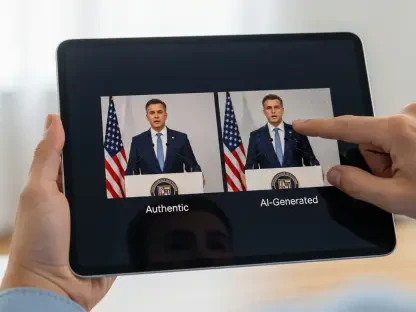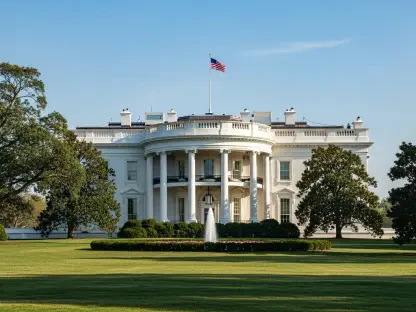Minneapolis is automating its food permitting process, transforming a previously manual system into a streamlined digital platform. Historically, local businesses had to contend with managing extensive piles of paperwork, a process notorious for its inefficiency that resulted in bureaucratic delays. By shifting to an online system, Minneapolis aligns itself with broader technological trends favored by urban centers, aiming to enhance its governance efficiency and responsiveness to residents’ needs. This transition is particularly beneficial for small business owners and entrepreneurs in the food sector, facilitating faster and easier permit issuance.
The modernization effort reflects a larger movement within government sectors toward digitization, which increasingly underscores improved service delivery. This transformation supports increased efficiency while reducing the administrative burdens associated with traditional processes. The push towards digital solutions mirrors wider societal shifts in adopting technology to simplify complex operations.
In parallel, the article explores how websites leverage digital tools like cookies to manage functionality, performance monitoring, and user experience personalization while emphasizing the criticality of data privacy. It details the use of first-party and third-party cookies, noting their essential role in site operation and performance tracking. Moreover, users have control over non-essential cookies related to personalized experiences, reflecting a commitment to respecting privacy concerns. This highlights a balanced approach that effectively uses data to enhance services, ensuring user rights are upheld and respected in the modern digital landscape.









